Admissible Evidence
Admissible Evidence highlights academic research that has immediate implications for policy and practice. Selected studies span the full range of criminal justice issues and must have been published in a peer-reviewed journal. While all selected articles are of high quality, their findings may not necessarily represent the weight of the full body of research on a given topic and should be considered alongside other rigorous research. To submit a study for consideration, contact info@counciloncj.org.

Does Bail Reform Increase Crime?
This research examines whether New York State legislation that limited the use of money bail and expanded pretrial release influenced crime rates.

Do Minimum Wage Levels Influence Youth Offending?
In this analysis, the Council reviews a study showing that increasing the minimum wage increases arrests for larceny, vandalism, and disorderly conduct among 16- to 24-year-olds. The study found that the arrest increase was consistent across genders, but that the
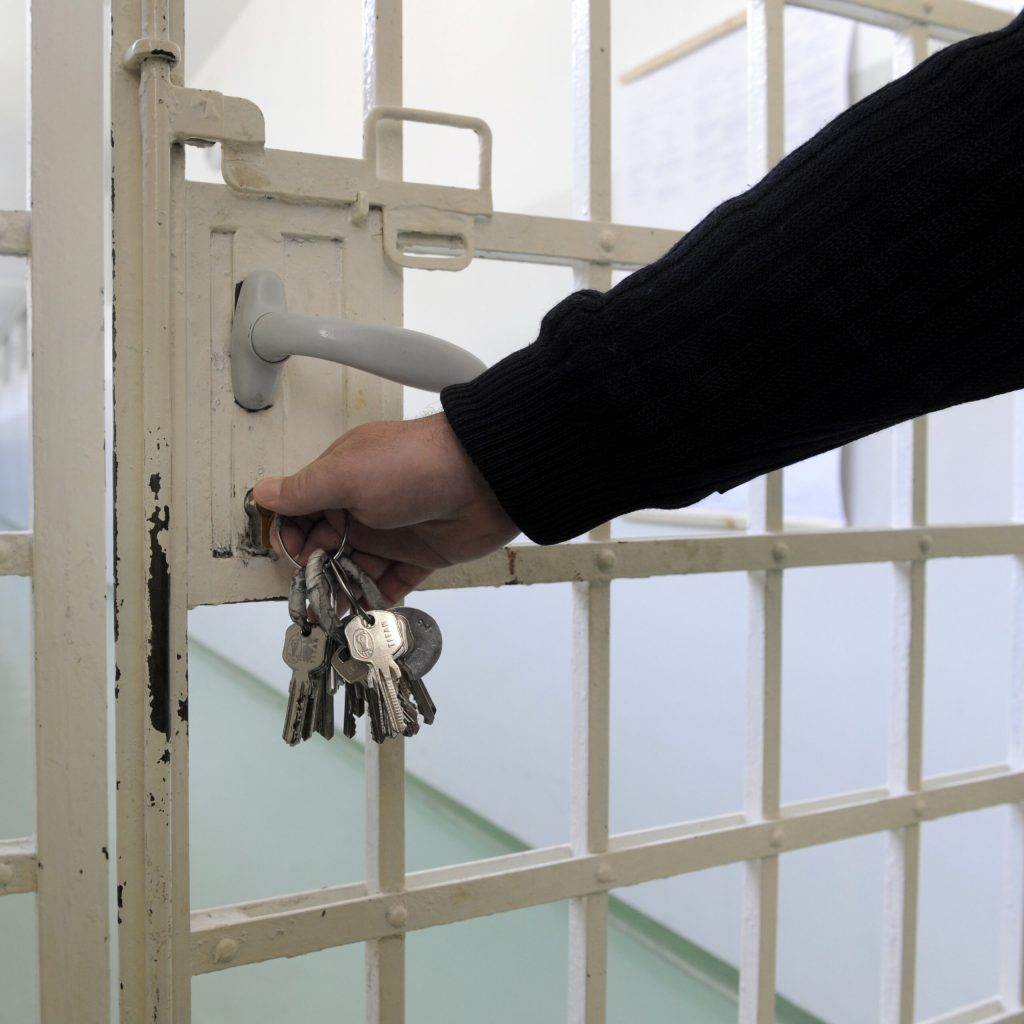
Being Detained Pretrial Affects Defendants’ Likelihood of Incarceration
This research examines the effect of pretrial detention on convictions, guilty pleas, case dismissals, sentence length, and charge reductions.
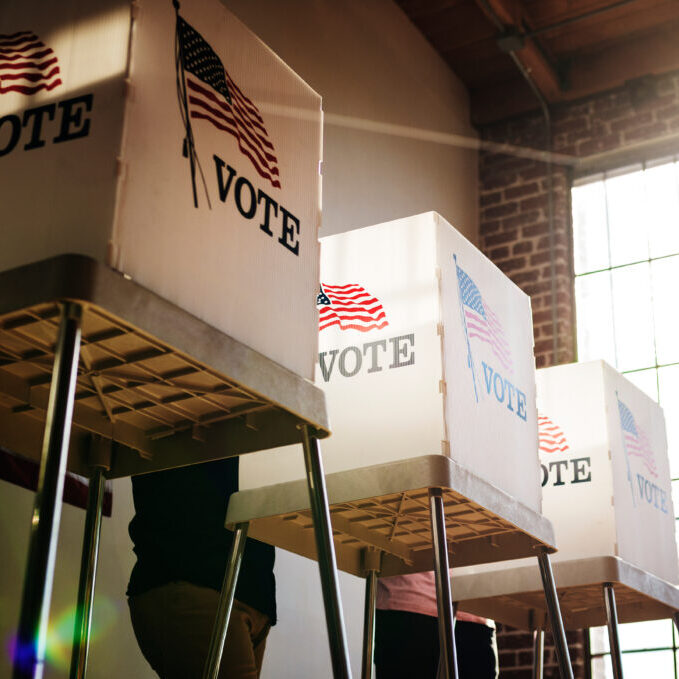
Receiving a Ticket Reduces the Likelihood of Voting
Do traffic stop tickets influence how likely motorists are to vote? In this analysis, the Council reviews a study showing that receiving a ticket negatively affects participation in elections. This impact was larger for midterm elections and varied by race.
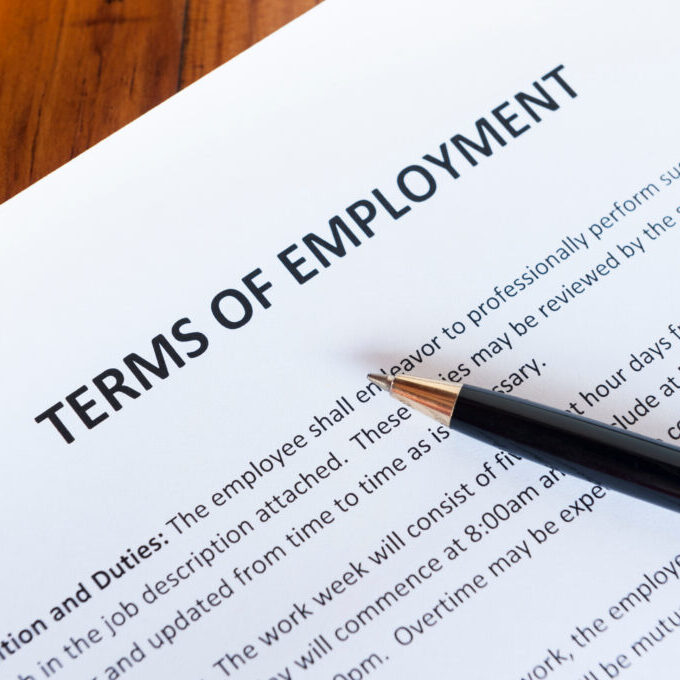
Does Stable Employment Post-Release Reduce Recidivism?
This analysis highlights research that suggests secure employment following imprisonment can significantly reduce recidivism, a finding that held regardless of a person’s past work experience and criminal history.
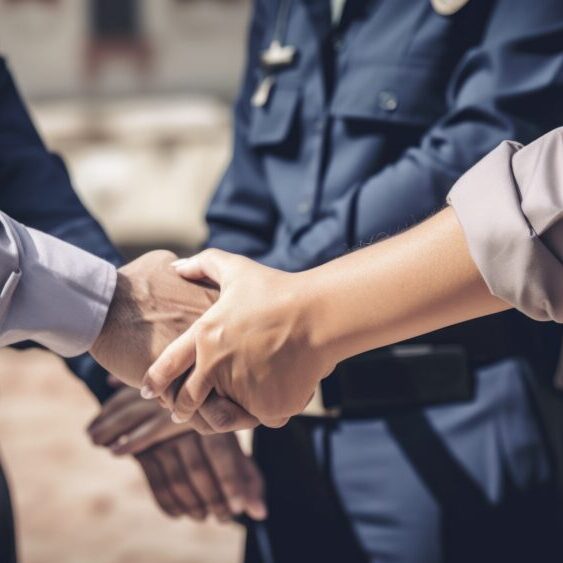
What Shapes the Public’s Confidence in Law Enforcement?
This research examines how the racial and gender diversity, behavior, and effectiveness of police departments influence public confidence in law enforcement and the belief that police can be held accountable.
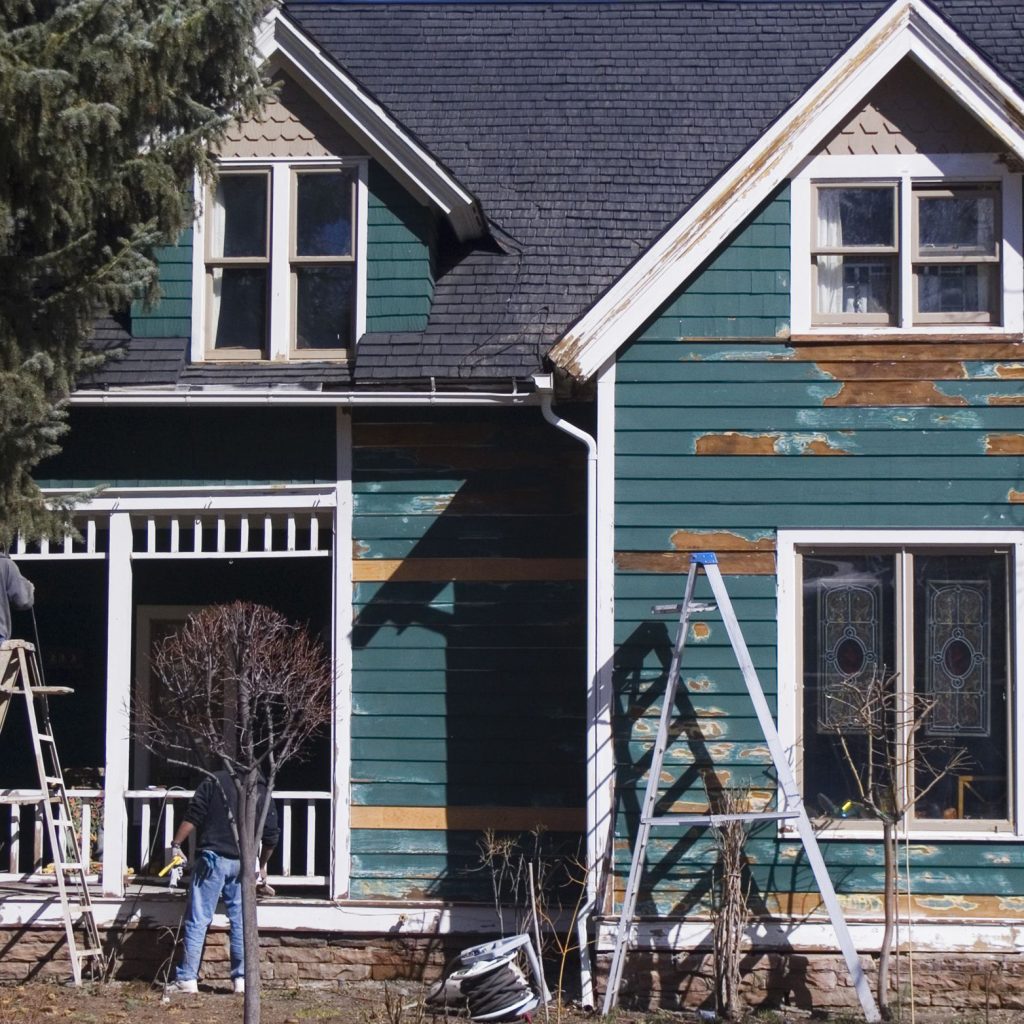
Can Repairing Abandoned Housing Reduce Gun Violence?
This research examines whether environmental changes such as housing façade repairs, trash cleanup, or weed removal can improve health and safety in low-income, Black neighborhoods.

Relief from Criminal Justice Fees Prevents Increased Debt but Does Not Impact Crime
In this analysis, the Council reviews research examining the effects of debt relief on the likelihood of criminal activity and future involvement in the criminal justice system.

Combining Procedural Justice Training and Hot Spots Policing Reduces Crime and Improves Community Relations
This analysis reviews a study showing that blending hot spots policing with procedural justice training has positive effects on crime rates, police behavior, and perceptions of police.

